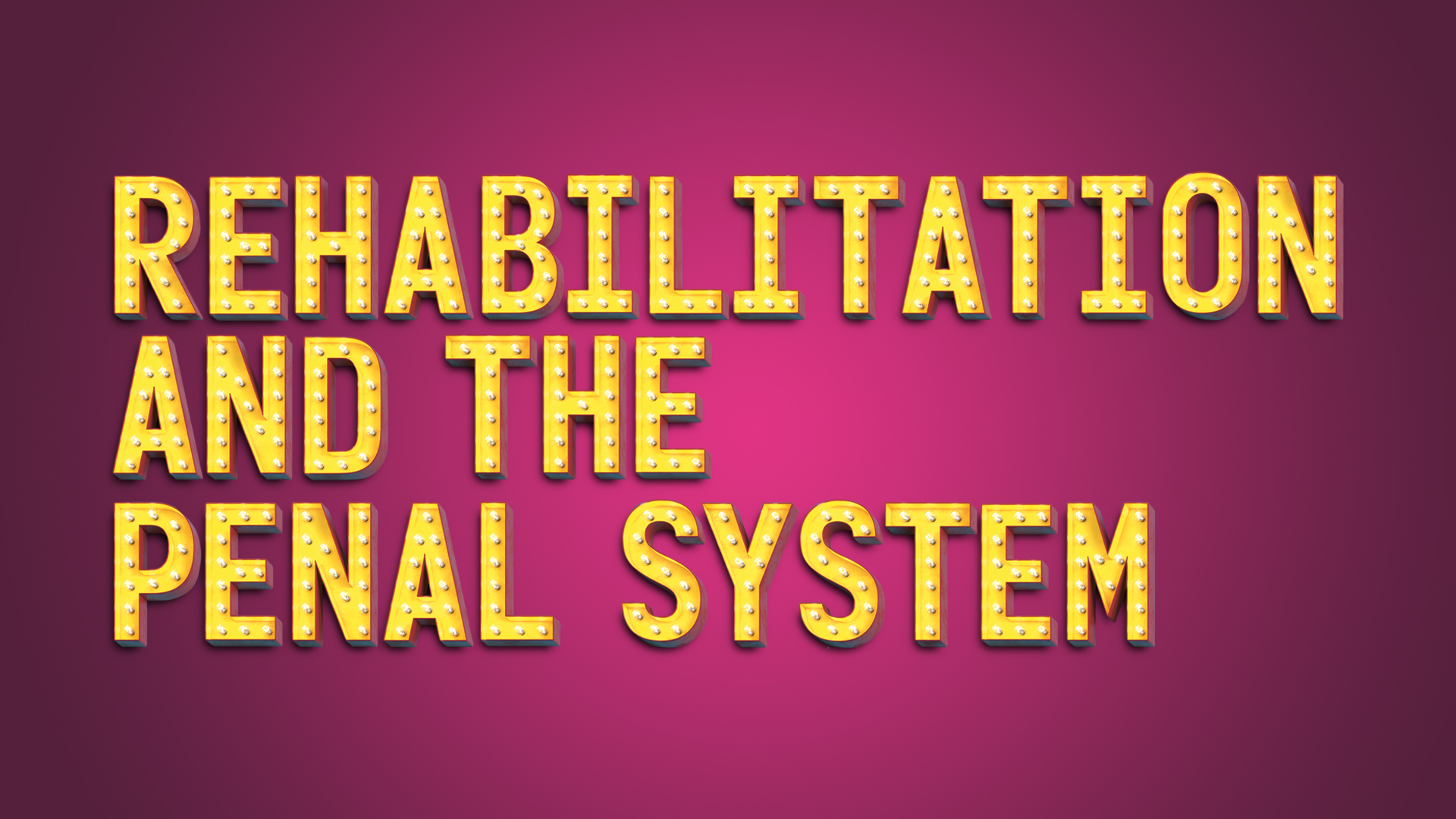Clean Break
Clean Break was formed over 40 years ago by two female prisoners, Jenny Hicks and Jacqueline Holborough, who believed that using theatre could open up a dialogue about issues affecting women in what is viewed as an unequal criminal justice system. Based in North London, the only women’s theatre company of its kind has toured in the UK, Europe and the US, transmitting its message to audiences in mainstream theatres, community centres, art institutions, conferences, schools and colleges. In order to build confidence and resilience Clean Break also offer workshops, projects and general support to women so they can challenge this facet of societal oppression.
Matt Fountain, Freedom Bakery
Matt Fountain cooked up the idea of a Scottish artisan bakery in HMP Low Moss in East Dunbartonshire back in 2015 and it has proven to have all the ingredients to make it a success. Fountain trains the prison’s inmates not only to bake but to get involved with the process of selling to cafes and restaurants in the Glasgow area. It was such a sure-fire hit that he was able to expand to open a purpose-built bakery in Scotland’s biggest city within a year. As well as seeking to take on as many apprentices as possible following their release from jail, the bakery also works with a number of partners to assist others who cannot access employment elsewhere after being in prison.
Ged King, Skullfades Foundation barbershop
Sale barber Ged King, renowned for offering free haircuts for homeless people, decided to take things a step further. He opened another outlet in the nearby Stretford Mall to train disadvantaged people in barbering and business skills, offering one-to-one personal development to aid their chances of securing full-time employment. King, who as well as on-the-house trims has been providing hygiene kits and clothing to Manchester’s homeless community for years, also plans to open similar businesses across the UK. “It’s our goal to help eradicate homelessness in the city by providing individuals with the skills, self-worth and opportunity to thrive in a positive environment,” he told the Manchester Evening News.
Prison Reform Trust
This charity is on a mission to transform the penal system for the good of Brits both in and out of prison. They’re campaigning for only the most serious criminals to be given custodial sentences and for the length of those sentences to be short enough that they don’t “destroy hope”. Much of their work focuses on making time inside rehabilitative as well as making sure prisoners and their families get a say in shaping the system for the better. The Trust tries to address issues that are widespread among people who get caught up in the justice system, like poor literacy, which drove them to run a short story competition for prisoners last year (Big Issue editor Paul McNamee was one of the judges). This year the Trust is gearing up to show that without rights, purpose or a chance at restorative justice, the penal system risks leaving people worse than they were before.
David Kendalland Mark Hewitt
David Kendall and Mark Hewitt are the brains behind Penned Up, a two-week arts and literature festival which takes place inside prison walls. Starting at HMP Lewes in 2016, the event aims to get prisoners to embrace a different way of thinking and provide fresh perspectives on life, something that can be tricky while behind bars. Guest speakers are handpicked by the prisoners and staff on the festival committee and the event has not been shy in reeling in the big names. Folk hero Billy Bragg, brave biker Charley Boorman and star writer Kit de Waal are among those who have taken part. One prisoner summed up the impact of Penned Up perfectly: “You come in here and you lose hope. This changes that.”
Bent Bars Project
Prison remains a particularly inhospitable place for LGBTQI prisoners, which is why the Bent Bars Project has spent the last 10 years showing solidarity and raising awareness of the struggles faced by the minority community. A small group of volunteering activists keep the letter-writing project going with weekly meetings, connecting pen pals from inside prison and out. They also produce a newsletter to be distributed among LGBTQI prisoners and host letter-writing meetings. Although many of the overtly homophobic and transphobic laws in the UK may have been overturned, LGBTQI prisoners still face prejudice. And it’s grassroots initiatives like the Bent Bars Project that go a long way to fostering a small community to let prisoners know that they are not alone.










